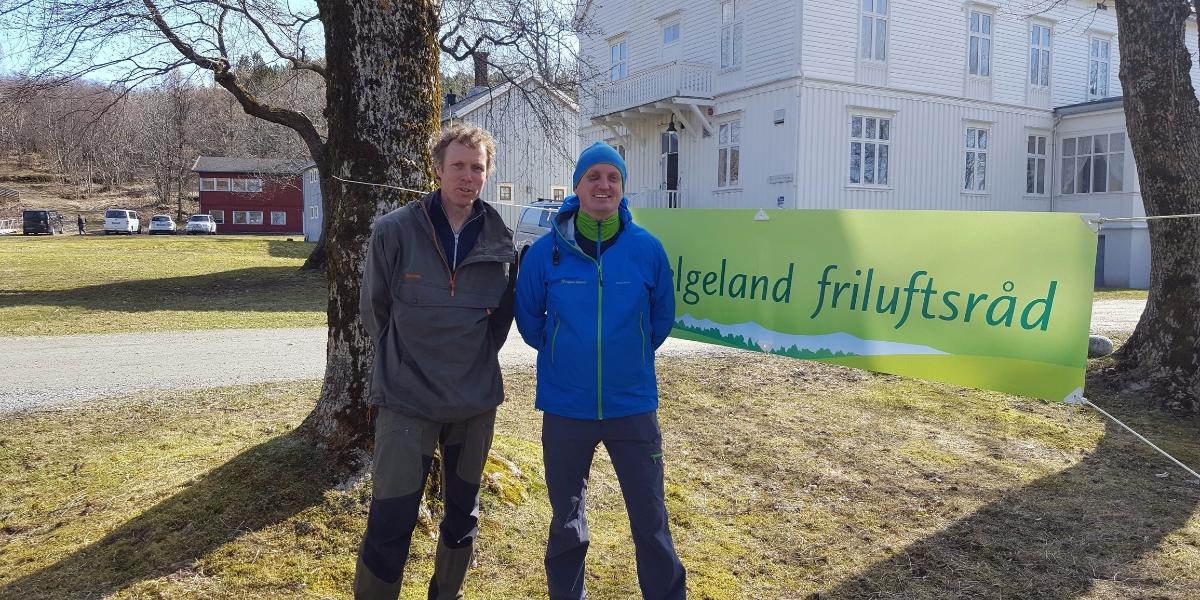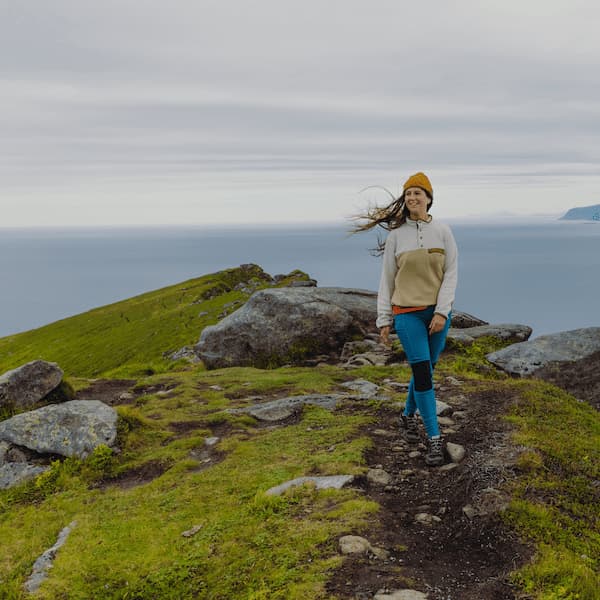
About Friluftsrådenes Landsforbund
Friluftsrådenes Landsforbund (FL), The Norwegian Outdoor Board, is a national organisation with 28 intermunicipal outdoor recreation boards (friluftsråd) as members. The friluftsråd have 235 municipalities as members.
General Assembly
The organisation's supreme body is the General Assembly, and have a Board with 5 members. The organisation's objective is to function as an advisor for their member organisations (friluftsråd), - work for economy, knowledge about outdoor recreation and cooperate with other organisations and governmental bodies.
Their main objectives are:
- save valuable nature for outdoor recreation
- arrange outdoor areas
- outdoor learning (education in nature)
- outdoor activities
- To fight marine litter which is a global concern, and affect the long coastline of Norway. Every year, millions and millions of tonnes of litter end up in the ocean worldwide, posing environmental, economic, health and aesthetic problems. We work together with volunteers all over the country to clean up up beaches, rivers etc as a part of our work
information and promotion of outdoor recreation such as:
- our cultural heritage and an ancient right to access the countryside,
- mountains
- woods and coastline and
- our right to harvest what nature offers.
The Outdoor Recreation Act
The public right of access (”Allemannsretten”) is confirmed in the Outdoor Recreation Act. This act clarifies the use of land for recreation as opposed to a commercial use and also implies an obligation to leave nature as one would wish to find it: take care to tidy up when you leave - leave nothing behind!
More about the Outdoor Recreation Act
Cultivated versus uncultivated land. These terms are used to define the right of access. CULTIVATED LAND means fields, meadows, gardens, hayfields, cultivated pasture, forest planting areas, house plots and farmyards connected to buildings. In such areas as well as areas where special rules apply (national parks etc.) access is limited. In all other areas public access rights apply as long as basic principles are followed:
”..shall not lead to unreasonable damage for the owner nor disturb the privacy of other people.” In the winter time, when covered with snow or frozen, cultivated land can be accessed, except private gardens and areas closely connected to buildings. Everybody is free to swim in lakes, rivers or in the sea.
Norway is home to many species of wild animals. Most of the animals in Norway are not dangerous to people, and we can safely use the countryside without being afraid of wild animals.
Wild animals
Close gates and respect wild animals and livestock.
Bring your garbage back home - leaving nature as beautiful as you found it!





